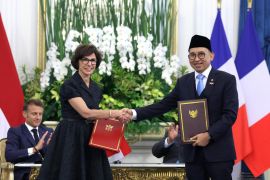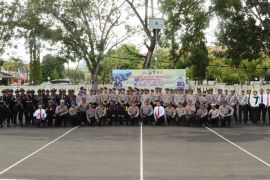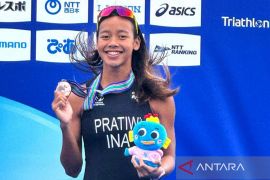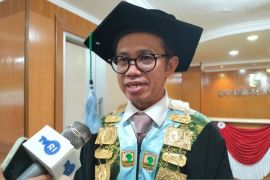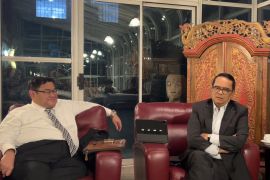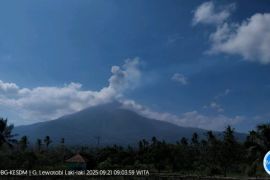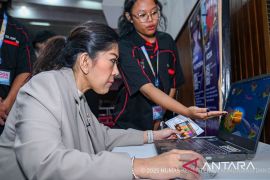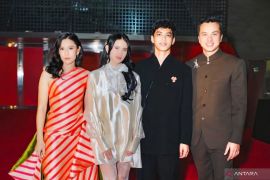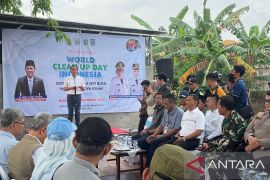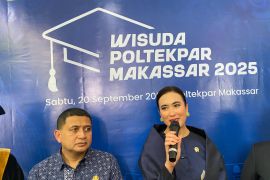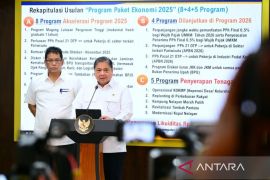The cooperation documents were inked between Indonesian Education Minister Muhadjir Effendy and Dutch Minister of Education, Culture, and Science Jet Bussemaker.
"This cooperation is important for both countries and will strengthen human resource development," Minister Effendy had stated here on Monday (Feb 13).
The MoU aims to boost cultural cooperation, while the LoI is a comprehensive cooperation partnership in the field of developing education and vocational training. The TA aims to identify potential pilot projects in Indonesia and revitalize vocational education and training in the agricultural sector.
"The MoU on culture is very important, given the fact that the Netherlands is a strategic partner of Indonesia in the European region. In addition, the two countries have a long-standing relationship that has yielded positive impacts for each other, including in the field of culture. Both countries also have their respective advantages that can be developed," Effendy noted.
The Netherlands has an edge in the field of management of museums and archives, while Indonesia is rich in tradition and cultural diversity, he added.
Meanwhile, with the inking of the LoI, the two countries will develop vocational education and training in the agriculture, marine, tourism, and creative industries sectors.
With regard to the TA, mapping and analysis will be conducted at two public vocational high schools, such as SMK Negeri 2 Subang in West Java and SMK Negeri 5 Jember in East Java, as a pilot project of cooperation on the revitalization of agricultural vocational education in Indonesia.
"We hope the mapping and analysis of the needs will offer solutions to Indonesia to meet the gaps and needs between the schools and the market," Effendy emphasized.
These collaborations are expected to further expand the scale of promotion and job opportunities in addition to also opening a wider scope for vocational education cooperation between the two countries.
Meanwhile, Minister Bussemaker stated that the Dutch vocational schools are one of the best in the world.
"The schools merely encourage the students, as they gain knowledge through self-learning practices. Within a week, the school also gives time to the students to gain first-hand knowledge in factories," Bussemaker revealed.(*)
Editor: Heru Purwanto
Copyright © ANTARA 2017
